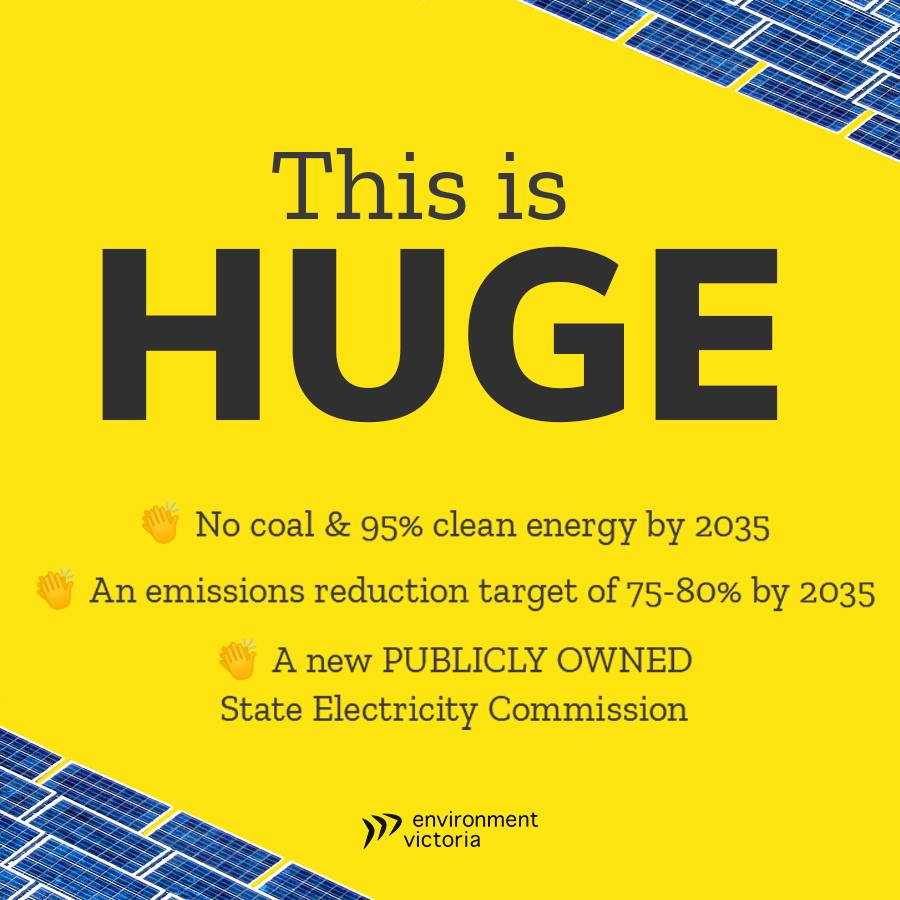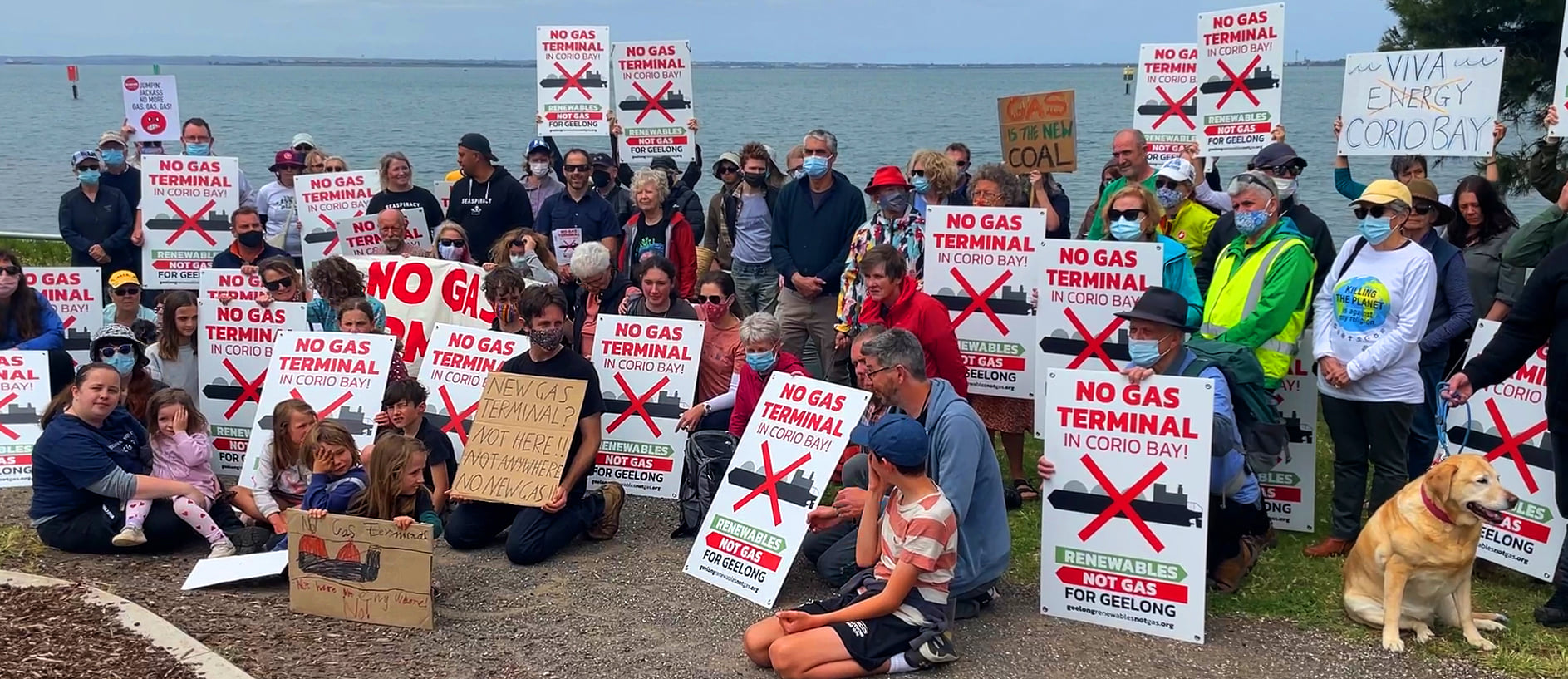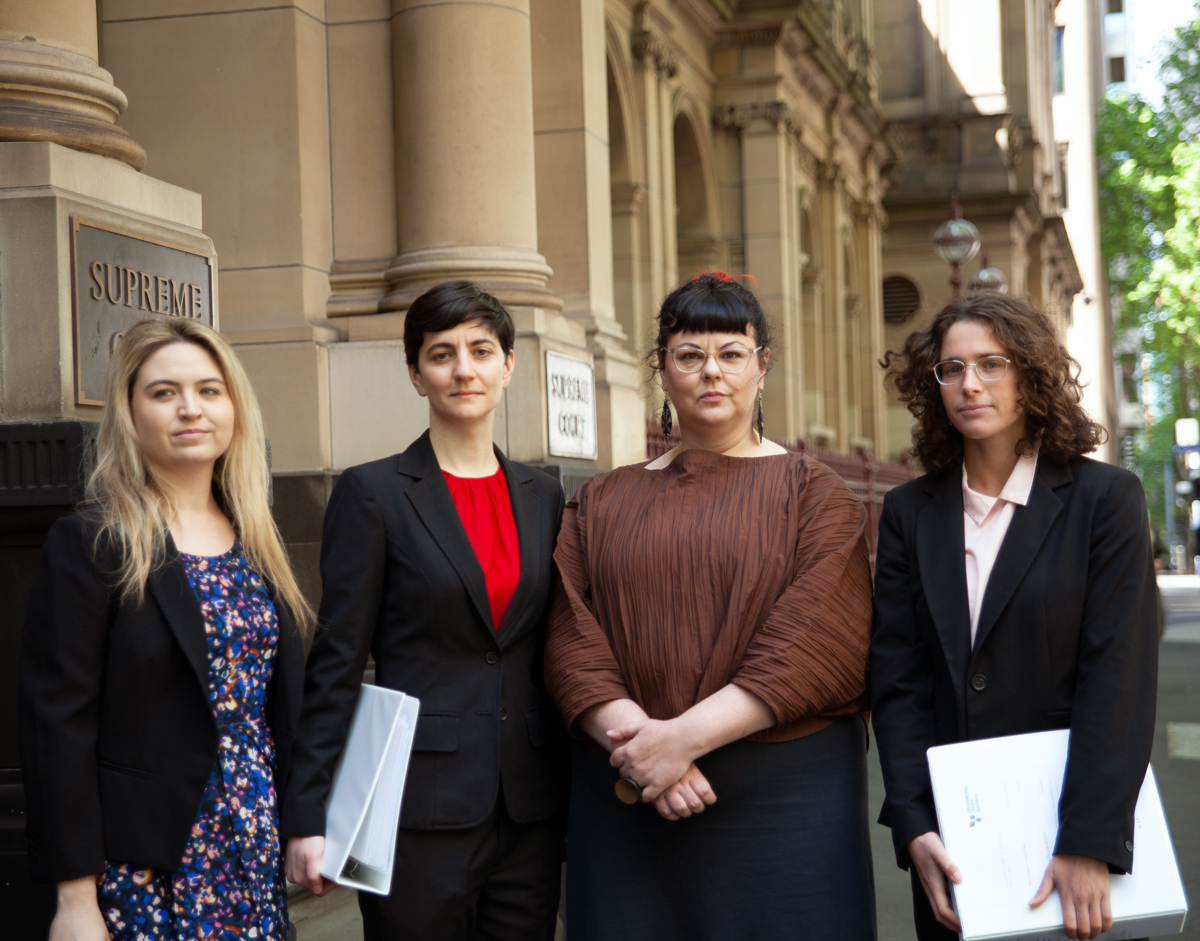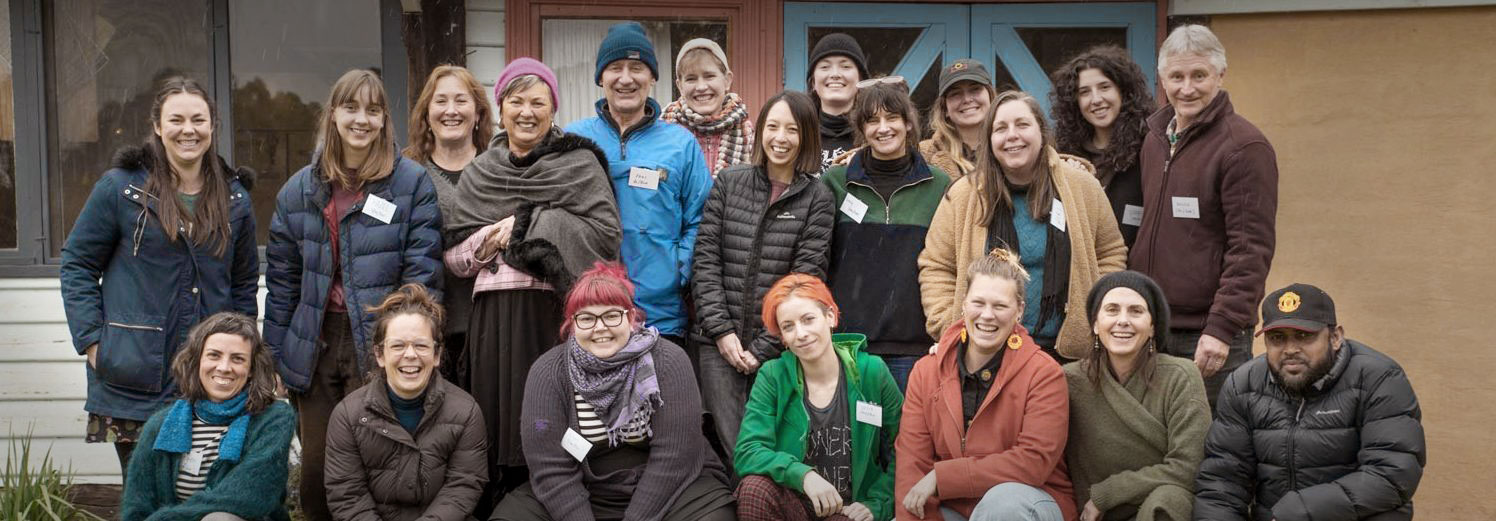Environment Victoria
As the hearings wrapped up last week, one thing was abundantly clear: with the huge community opposition and mounting evidence against their polluting gas plan, Viva has no social licence nor the technical arguments to proceed.For decades environment, health and community groups – including many in the Latrobe Valley – have been calling for the end of coal-burning power stations in Victoria. This year, we won.
In October, Daniel Andrews announced a re-elected Labor government would transition Victoria out of coal burning by 2035 and invest in publicly owned renewable energy through a revived State Electricity Commission.
Victoria is now aiming for 95% renewable energy by 2035 – and cutting emissions across all sectors by up to 80% by the same year.

These historic announcements came after a ‘race to the top’ on climate policy from both major parties for the first time at a Victorian state election.
Despite some rhetorical claims about ‘turbo-charging’ gas in Victoria, the Victorian Liberal Party also put forward some strong climate policy this year – including a plan to install solar and batteries on one million homes, and a pledge to legislate Victoria’s existing 2030 climate targets.
When the dust settled and the election results became clear, Victorians had voted for the most ambitious climate action agenda in Australian history. None of this historic power shift would have been possible without decades of hard work on the ground by people like you, all over Victoria and the rest of the country, demanding climate action.



